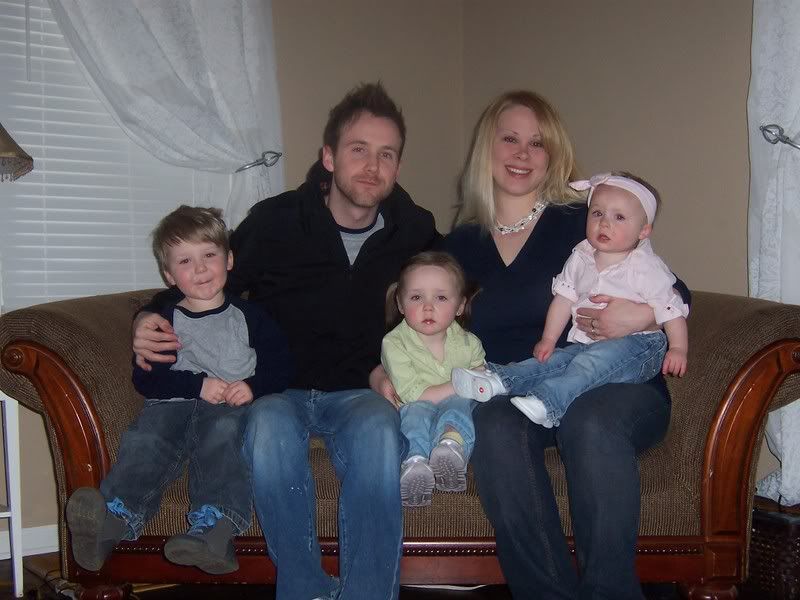 I was sitting in my Hebrew teacher’s Sunday School class with my soon to be wife, Sandra. After 45 minutes of picking apart the grammar of an ancient text, revealing intricacies of interpretation with application still relevant to today, he opened up the floor for questions. The same people raised their hands that day, just like every other Sunday. And just like every other Sunday, I rolled my eyes as each hand shot up, knowing that each hand represented not a question, but an attempt to showcase insight. That day one old granny raised her hand. When it was her turn she asked her question: “Do you think the American military can establish a democracy in the Middle East?”
I was sitting in my Hebrew teacher’s Sunday School class with my soon to be wife, Sandra. After 45 minutes of picking apart the grammar of an ancient text, revealing intricacies of interpretation with application still relevant to today, he opened up the floor for questions. The same people raised their hands that day, just like every other Sunday. And just like every other Sunday, I rolled my eyes as each hand shot up, knowing that each hand represented not a question, but an attempt to showcase insight. That day one old granny raised her hand. When it was her turn she asked her question: “Do you think the American military can establish a democracy in the Middle East?”
Ripples of chuckles swept the room, for this question was certainly off topic—but she had asked the right person. My Hebrew teacher had spent years in the middle east, learning firsthand the nuances of the Hebrew language. He had been on archeological digs, translated the Dead Sea Scrolls, and rubbed shoulders with Uzi toting Israeli soldiers (by the way, uzi, in Hebrew, literally means “my strength”—how ironic)!
The man with many degrees tactfully held his tongue. To this day I do not know what his answer would have been to the elderly woman with intriguing insight. But I know what my answer would have been.
I try to be optimistic…it is easier to live that way. But I also know there seems to exist a mindset in the Middle East that has both positive and negative elements. Take for example the Jewish people. Their tenacity for survival as a people inspires me to no end. From the exile in Egypt, to the divided kingdom, to the Babylonian exile, to the Syrian exile, to the Diaspora, to the Holocaust, to today this people has never lost sight of who they are, but they also have not lost sight of who has wronged them in the past…and this could quite possibly a mere national defense mechanism. All that to say, if people, if rivalries, if forms of government (dictatorships), have not changed in thousands of years, how can a super power such as America change them overnight.
As I watched President Bush’s address to the nation tonight I was reminded of that evening. Have things changed? I don’t know—how dare I presume to know the political climate of a place I have not been, of a subject (war) which is foreign to me, with the little knowledge I have being based on a tainted media—but as our president talked of Anbar and the success that had been achieved by the military in the province of Anbar, that sinking feeling came back. If it is true that Al Quaeda has been extricated from Anbar and that its citizens are aiding the military with insider information, I had to fear for those citizens. With a gradual troop withdrawal on the horizon, do the citizens of Anbar truly posses security? Things don’t change overnight! Once we are gone, based on the history of the Middle East, does not it seem likely that the ratted out members of Al Quaeda will com back with a vengeance. I am at a loss. Certainly our troops cannot remain there forever—that in itself is another ethical dilemma, another blog post. Look at the report that came just moments before tonight’s address.
Like my professor, I don’t often make political statements…and this blog follows suit. It is a call to prayer, for wisdom in difficult times, and tonight, for the people of Anbar.
Thursday, September 13, 2007
Anbar
Subscribe to:
Post Comments (Atom)









No comments:
Post a Comment